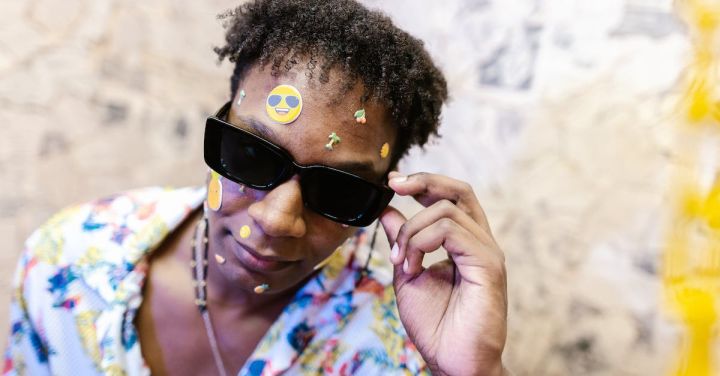How to Recover from a Bad Joke on Stage?

We’ve all been there – telling a joke on stage and hearing nothing but crickets. It can be a painful experience, but it doesn’t have to ruin your entire performance. In this article, we’ll explore some strategies for recovering from a bad joke and keeping your audience engaged.
Acknowledge the Silence
When a joke falls flat, it’s important not to ignore the awkward silence that follows. Instead, embrace it. Take a pause, look around the room, and make light of the situation. By acknowledging the lack of laughter, you can show your audience that you’re aware of what just happened and that you’re not letting it get to you. This can help to break the tension and create a more relaxed atmosphere.
Switch Gears
If a joke isn’t landing, it’s important to be able to switch gears and move on to something else. Don’t dwell on the failed joke or try to force laughter. Instead, quickly transition into a different topic or a new joke. By shifting the focus, you can redirect your audience’s attention and keep the momentum going.
Engage with the Audience
One effective way to recover from a bad joke is to engage with the audience. Ask them a question, make a funny observation about the venue, or share a personal anecdote. By involving the audience in the performance, you can shift the attention away from the failed joke and create a more interactive experience. This can help to re-engage your audience and get them back on your side.
Use Self-Deprecating Humor
Another strategy for recovering from a bad joke is to use self-deprecating humor. Poke fun at yourself, acknowledge your own missteps, and show that you don’t take yourself too seriously. By being able to laugh at yourself, you can diffuse any potential tension and create a more lighthearted atmosphere. This can also help to build a connection with your audience, as they can relate to the vulnerability of making mistakes.
Keep the Energy Up
Even if a joke falls flat, it’s important to keep your energy up and maintain a positive attitude. Don’t let a single bad joke bring down your entire performance. Stay confident, enthusiastic, and engaged with your audience. Remember, laughter is contagious, so if you continue to exude positive energy, your audience is more likely to follow suit.
Learn from the Experience
Recovering from a bad joke on stage is not just about salvaging the moment, but also about learning from the experience. Take some time after your performance to reflect on what went wrong and why. Was it the delivery, the timing, or the content of the joke? By analyzing your performance, you can identify areas for improvement and make adjustments for future performances. Remember, even the best comedians have their off nights, but it’s how they learn and grow from those experiences that sets them apart.
Conclusion: Embrace the Awkwardness and Keep Going
Recovering from a bad joke on stage can be a challenging experience, but it’s important to remember that even the most seasoned performers have had their fair share of failures. Embrace the awkwardness, switch gears, engage with the audience, use self-deprecating humor, and keep the energy up. Learn from the experience and continue to refine your craft. With time and practice, you’ll become better at recovering from any missteps and delivering a memorable performance. So, the next time a joke falls flat, remember to keep going and keep making your audience laugh.